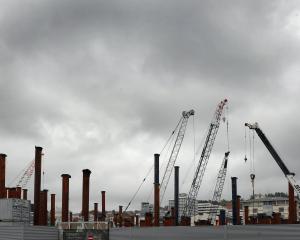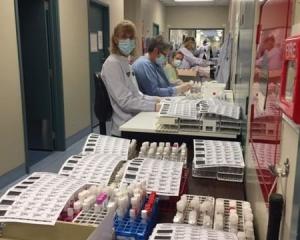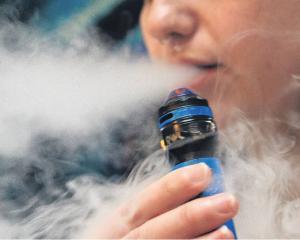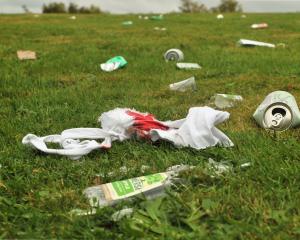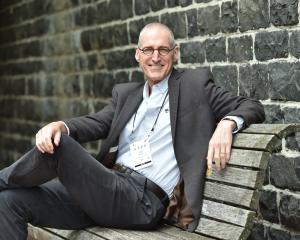
The report, commissioned by the board as part of its response to historically high cancer treatment and diagnosis waiting lists, recommended a range of measures such as staffing and resource increases and a greater emphasis on in-house training.
SDHB medical oncology clinical director Blair McLaren said while he welcomed the report, the southern cancer service was still significantly under pressure and under-resourced when lined up against all other comparable services.
Dr McLaren said the proposed staffing changes would bring the SDHB up to being "just adequate" compared with other cancer treatment centres.
"They are all actively recruiting at this time and they are all going to move ahead of us while we are playing catch-up."
Radiation oncologists were "rare and precious jewels" and were on the verge of being as scarce as neurologists, Dr McLaren warned.
"We run the risk of only having a couple and struggling to hold on to them while we look for more, so we need to retain the ones we have and making sure we are training more — and we have to recruit."
A recent attempt by an external recruitment firm to find new radiation oncologists for the service had failed, Dr McLaren said.
SDHB chief executive Chris Fleming said the board had already invested in boosting the service.
"The board committed $2million in funding in this current budget. The actual increase to the service has been $3million in terms of the full flow-on effect on the budget, so that is already in the 2022-23 budget."
SDHB corporate services executive director Nigel Trainor warned any further boost to services agreed to by the board might not be accepted by Health New Zealand, which is soon to take over from DHBs.
"Health New Zealand is in the middle of a budgeting process ... and they have asked for a business-as-usual budget and it has been silent on investment so far.
"We have signalled to them that this is coming and the quantification of that, but it has been silent."
Board member Lyndell Kelly, who recently retired as a full-time radiation oncologist, said recruiting staff was a major problem, particularly radiation oncologists, as Australian pay rates were double what New Zealand hospitals offered.
"The report says two people have been recruited. Two people have not been recruited — one person has been replaced — so we still have 4.8 FTEs [full-time equivalents]. It has not increased — the uplift from last year failed to happen, and at the end of this year we will be down to 3.6 and we should be 7.7," Dr Kelly said.
"That is, urgent and immediate action needs to be taken ... The people of this district need and deserve good cancer care."
Meanwhile, cancer patient advocate Melissa Vining said it was sad more public money had been spent by the SDHB on an external report which had found what wait lists and its own medical professionals could have already told it.
"The constant underfunding of oncology staff harms patients and puts the medical professionals under constant pressure," she said.
"We need less reports and more action."
Her late husband Blair had publicly raised similar issues highlighted by the report in January 2019, she said.
"More than three years on, the medical professionals are still overworked and the patients and their families still suffering."


